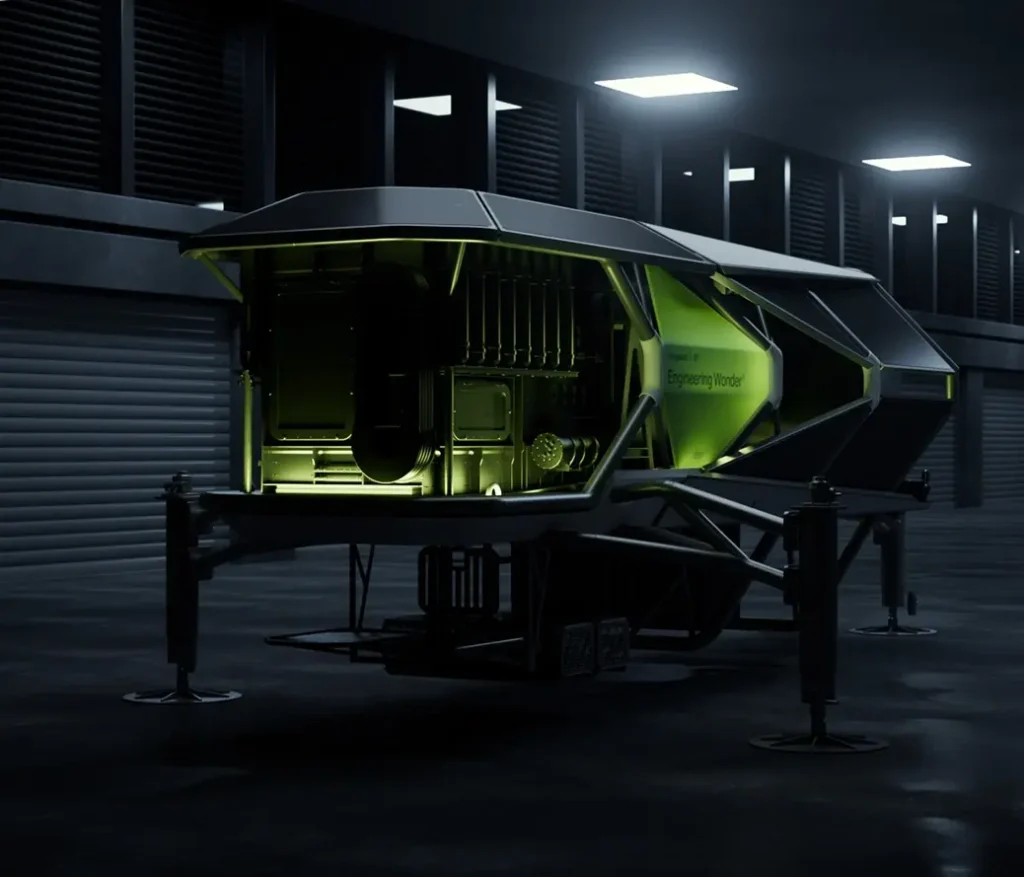In the face of mounting environmental concerns, rising sea levels, and the need for new frontiers in science and research, the ocean is increasingly seen as the next great expanse for human innovation.
Subsea living — the concept of humans living and working under the sea for extended periods — has long fascinated scientists, adventurers, and entrepreneurs alike.
While it was once the domain of military and deep-sea exploration agencies, startups are now becoming key players in shaping this vision.
With its blend of agility, ambition, and technological innovation, the startup ecosystem plays a pivotal role in advancing subsea habitation.
A New Frontier for Innovation
Subsea living poses unique challenges: pressure resistance, oxygen sustainability, communication systems, and psychological well-being are just a few hurdles to overcome. Startups thrive in such demanding environments because they often operate outside the constraints of traditional industry players.
Their willingness to experiment and pivot quickly allows for rapid testing of novel ideas, from advanced materials and modular habitat designs to artificial intelligence-driven environmental monitoring.
As with space exploration, living under the sea requires interdisciplinary solutions. This is where startups shine.
Many are collaborating across sectors such as biotech, robotics, renewable energy, and marine engineering to create holistic systems capable of supporting human life underwater for longer durations.
The Role of DEEP and Other Pioneers
Among the most prominent players in this movement is DEEP.com, a company pioneering the development of subsea habitats and infrastructure.
Their work goes beyond mere survival; DEEP envisions a future where underwater living supports oceanographic research, climate science, biodiversity monitoring, and even sustainable industries such as aquaculture and medicine.
By creating pressurised, modular habitats that can be safely inhabited for extended periods, DEEP opens the door to continuous scientific presence in areas previously accessible only for brief windows.
This kind of infrastructure is essential for long-term data collection and breakthrough discoveries that could significantly impact our understanding of marine ecosystems and climate change.
Startups working alongside or inspired by DEEP are also exploring related technologies: lightweight composite materials for habitat shells, energy systems that rely on tidal or thermal gradients, and smart wearables that monitor physiological changes in underwater environments.
Investment and Support Systems Fueling Innovation
Startup success in this field is closely tied to the availability of funding, mentorship, and government or institutional backing. Incubators and accelerators focused on climate tech and ocean innovation are helping new companies bring their ideas to life.
Likewise, initiatives by universities and global competitions have brought greater visibility and resources to subsea innovation.
Investors are gradually recognising the potential of the blue economy, which encompasses the sustainable use of ocean resources for economic growth.
Subsea living, once a niche interest, is now seen as a critical component of this vision. As climate change intensifies, interest in ocean-based solutions will only grow, and startups are well-positioned to lead the charge.
Challenges Ahead and the Need for Collaboration
Despite promising developments, the path to widespread subsea living is not without obstacles. Regulatory frameworks for underwater habitats are still in their infancy, and long-term sustainability remains a central concern.
Energy supply, waste management, and habitat maintenance in the harsh ocean environment must be continually improved.
These challenges underscore the need for collaboration, not just between startups, but also with governments, academic institutions, and established marine research bodies. The startup ecosystem has already proven its ability to disrupt traditional industries.
In the context of subsea living, this same spirit can lead to breakthroughs that were once the stuff of science fiction.
Conclusion
As the world looks toward more sustainable ways of living and researching on our planet, the ocean offers both a mystery and a promise. Thanks to the innovative drive of startups and the pioneering work of companies like DEEP, subsea living is moving closer to reality.
The future of life beneath the waves will be shaped not only by science and engineering but by the bold ideas emerging from the startup ecosystem today.

